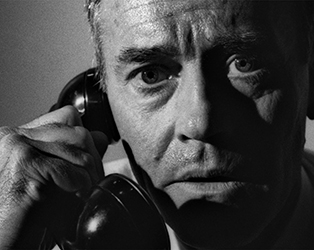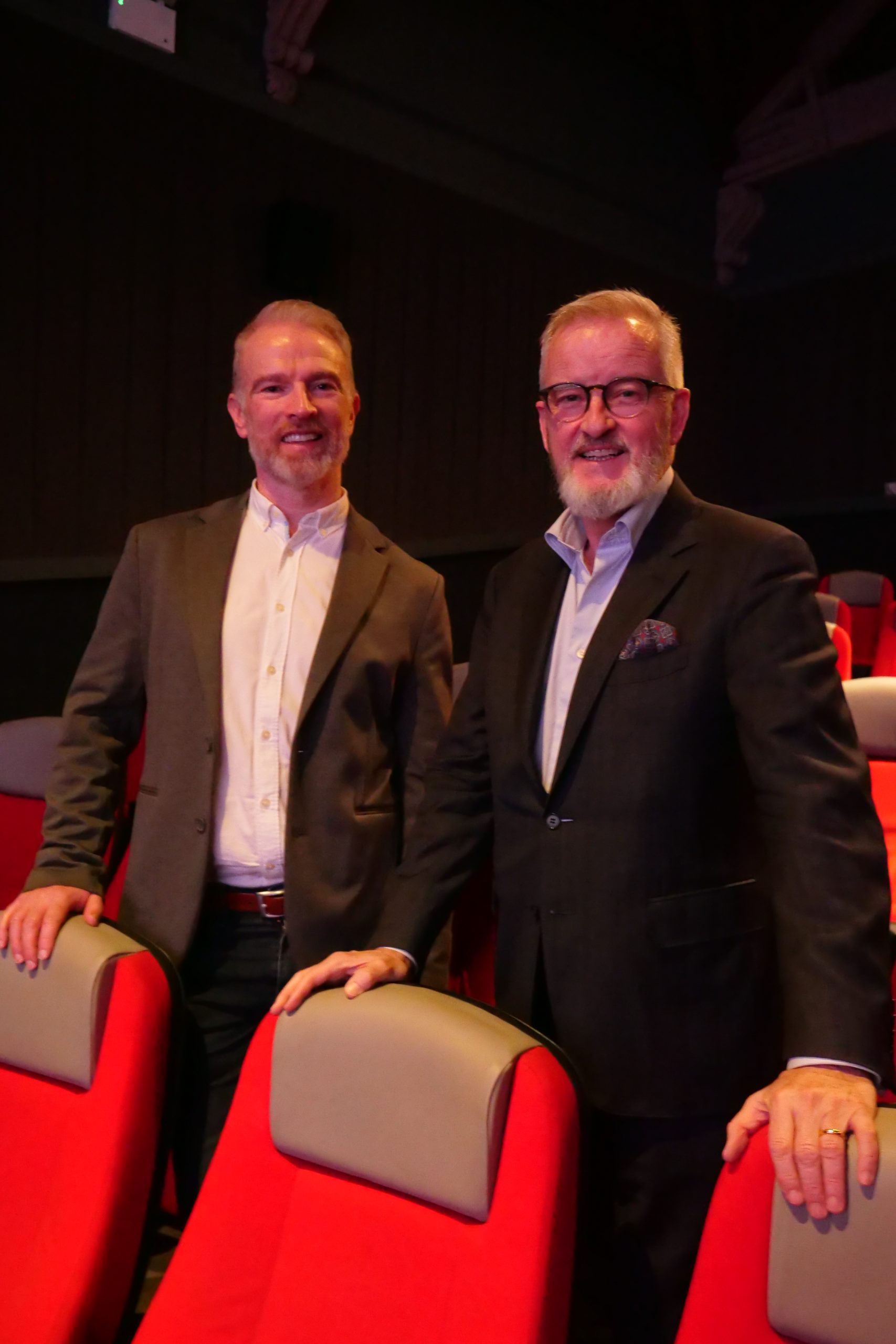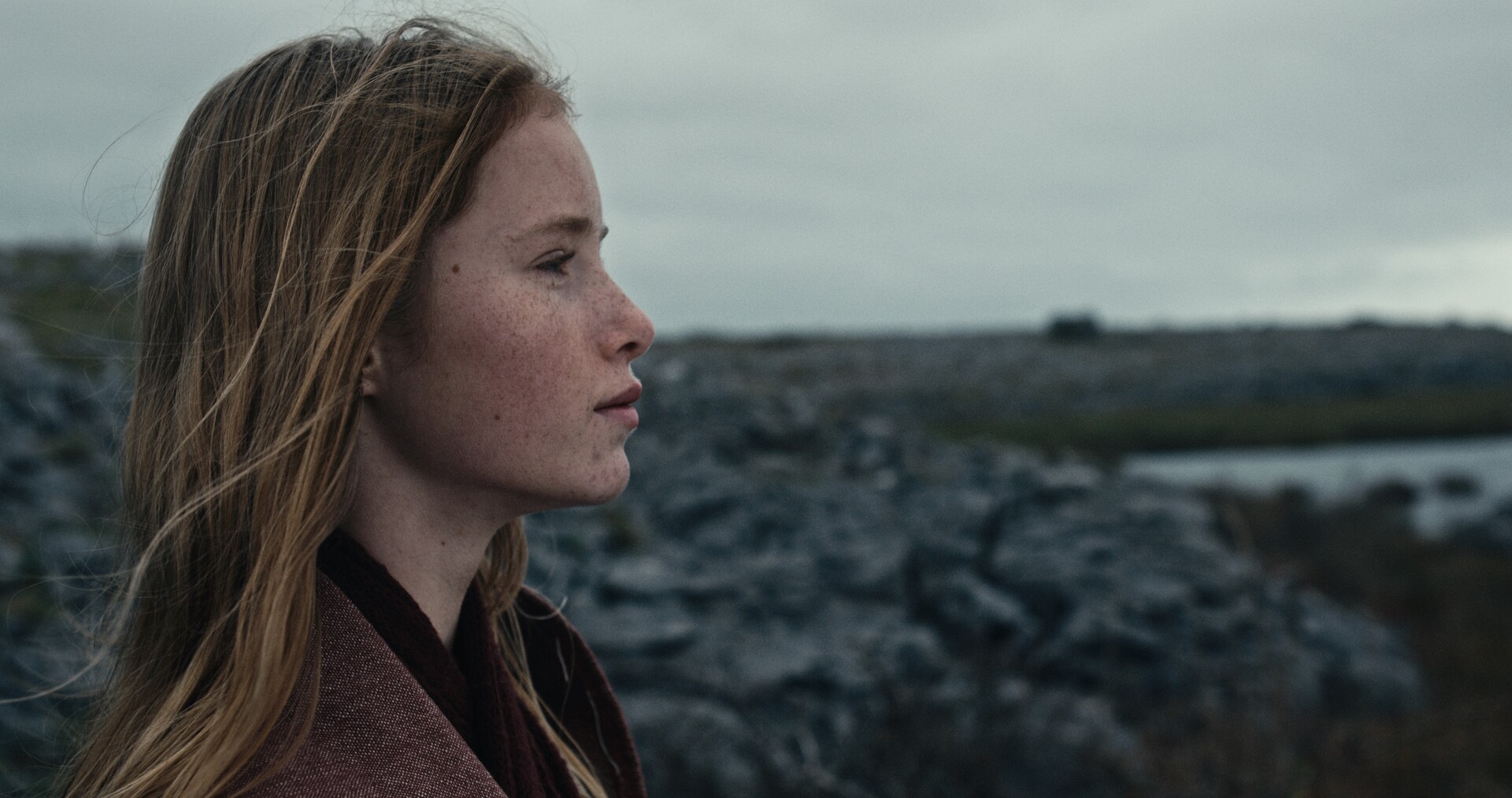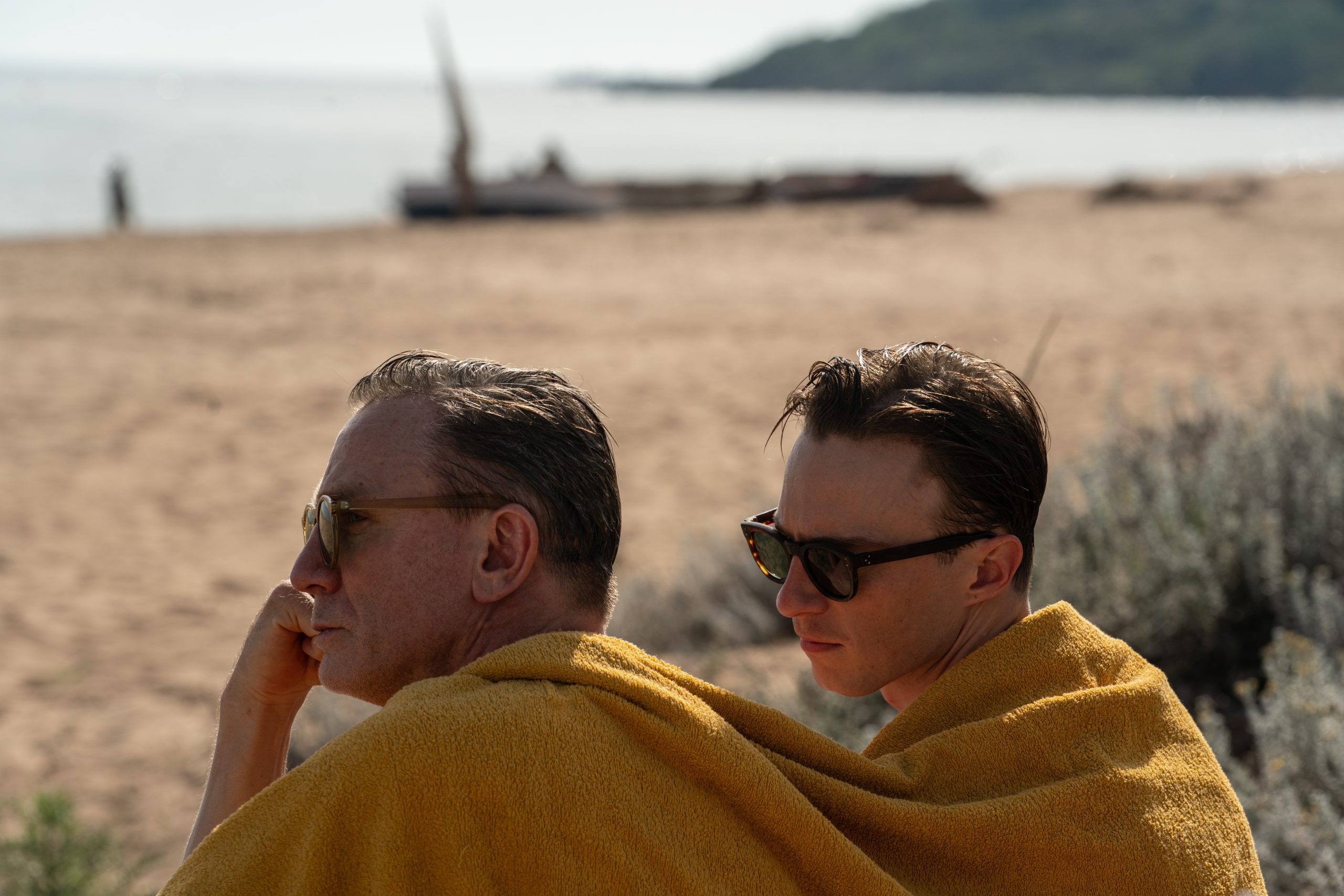
FALLOUT SEASON AT THE IFI THIS JULY
This July, the Irish Film Institute has curated FALLOUT, a season of films and documentaries exploring the international perspectives on the subject of nuclear weapons usage, which hopes to offer audiences a valuable understanding of the consequences of what was achieved at Los Alamos in July, 1945.
Films that will be screened as part of Fallout this July include Dr. Strangelove or: How I Learned to Stop Worrying and Love the Bomb, Fail Safe, In This Corner of the World (この世界の片隅に), The Atomic Cafe, Hiroshima (ひろしま), Barefoot Gen (はだしのゲン), The War Game, Godzilla (ゴジラ) and more.
FALLOUT runs from July 1st – 30th at the IFI on Eustace Street and tickets are on sale now at www.ifi.ie
The schedule of screenings:
Dr. Strangelove or: How I Learned to Stop Worrying and Love the Bomb – Saturday, July 1st
- Fail Safe – Sunday, July 2nd
- In This Corner of the World – Tuesday, July 4th
- The Atomic Cafe – Saturday, July 8th
- Hiroshima (ひろしま) – Sunday, July 9th
- Barefoot Gen (はだしのゲン) – Wednesday, July 12th
- The War Game – Saturday, July 15th
- Atomic: Living in Dread and Promise – Saturday, July 15th
- Godzilla (ゴジラ) – Sunday, July 16th
- On the Beach – Wednesday, July 19th
- Dead Man’s Letters – Saturday. July 22nd
- When the Wind Blows – Sunday, July 23rd
- A Compassionate Spy – Saturday, July 29th
- The Man Who Saved the World – Sunday, July 30th
The IFI’s FALLOUT season line-up in more detail:
Dr. Strangelove or: How I Learned to Stop Worrying and Love the Bomb (Stanley Kubrick)
Saturday, July 1st (16.00)
Probably the most famous depiction of the sabre-rattling between nuclear powers that was common at the height of Cold War tensions, and its possible consequences, Dr. Strangelove was originally intended to be a serious drama before Kubrick’s realisation that there was a rich seam of dark humour to be mined from the seemingly ever-present threat of nuclear annihilation.
This screening will be accompanied by a specially commissioned six-minute short, Stanley Kubrick Considers the Bomb.
93 mins, USA-UK, 1964, 4K Digital, Black & White
Fail Safe (Sidney Lumet)
Sunday, July 2nd (15.50) .
Fail Safe offers an alternate take on Kubrick’s satire, presenting a chillier and more straightforwardly frightening version of the consequences of simple error in the deployment of nuclear weapons. Although an unidentified aircraft entering US airspace is correctly recognised as merely a civilian airliner, a computer glitch results in a bomber group receiving valid orders for an attack on Moscow.
111 mins, USA, 1964, 4K Digital, Black & White
In This Corner of the World (この世界の片隅に) (Sunao Katabuchi)
Tuesday, July 4th (18.10)
While many of the films portraying the destruction of Hiroshima and Nagasaki focus on the overwhelming aftermath, Sunao Katabuchi’s beautifully presented anime, based on Fumiyo Kono’s manga, is unusual, even in Japanese cinema, for spending much of its running time depicting ordinary life in the years leading to the cataclysm.
129 mins, Japan, 2016, Blu-ray, Subtitled.
The Atomic Cafe (Kevin Rafferty, Jayne Loader and Pierce Rafferty)
Saturday, July 8th (16.00)
In the aftermath of their use of nuclear weapons on the civilian population of Japan, the United States government released a flood of propaganda materials designed to reassure the public that by taking very simple steps, such as ‘duck and cover’, the greatest dangers of a nuclear attack could be minimised. This flagrant abuse of public trust is catalogued here through a masterful compilation of safety films of the 1940s, ‘50s, and ‘60s.
86 mins, USA, 1982, 4K Digital
Hiroshima (ひろしま) (Hideo Sekigawa)
Sunday, July 9th (15.45
In 1951, Children of the Bomb, a collection of eyewitness testimonies from children who had survived the controversial bombing of Hiroshima, was published. Kaneto Shindō’s film adaptation played at Cannes in 1953, but the Japanese Teachers Union, who had funded it, were unhappy with the result. The second version made and presented here is a much tougher docudrama, a harrowing but vital contemporary account of the event.
104 mins, Japan, 1953, Blu-ray, Black & White, Subtitled
Barefoot Gen (はだしのゲン) (Mori Masaki)
Wednesday, July 12th (18.30)
Keiji Nakazawa was six years old when he lost most of his family in the attack on Hiroshima. His adult work as a writer of manga frequently touched on the subject, finally finding its fullest expression in the ten-volume Barefoot Gen. Left with his mother and newborn sister after watching the rest of their family die, Gen must navigate a horrific new reality in this compelling animation.
86 mins, Japan, 1983, Blu-ray, Subtitled
The War Game (Peter Watkins)
Saturday, July 15th (13.00)
Despite being awarded at the Venice Film Festival and winning the 1967 Oscar for Best Documentary Feature, The War Game was, according to an internal report of the BBC, ‘too horrifying for the medium of broadcasting’. Its pseudo-documentary style presents a nuclear attack on Sheffield in the manner of a news report, its power lying in its detached and chilling depiction of the rigid structure of British society falling quickly into violent chaos.
Admission to this screening of The War Game is free, but ticketed. Tickets available from the IFI Box Office.
46 mins, UK, 1966, Blu-ray, Black & White
Atomic: Living in Dread and Promise (Mark Cousins)
Saturday, July 15th (14.15)
Noted cinephile Mark Cousins, who began his filmmaking career working as associate director on Dear Mr. Gorbachev (1989), a television documentary in which ordinary people from around their world voiced their fears and concerns for the future to the Soviet leader, has here created a montage film tracing the history, good and bad, of the Atomic Age.
71 mins, UK, 2015, Digital
Godzilla (ゴジラ) (Ishirō Honda)
Sunday, July 16th (15.50)
Although subsequent films in the kaiju genre would see the character’s purpose change, the original incarnation of Godzilla came very much in the shadow of Hiroshima and Nagasaki, all of which loomed large in Japanese popular consciousness. Awoken by nuclear testing in the Pacific, the giant, prehistoric sea monster causes destruction on land and at sea.
96 mins, Japan, 1954, 35mm, Black & White, Subtitled
On the Beach (Stanley Kramer)
Wednesday, July 19th (18.00)
It is perhaps indicative of the place the bomb had come to occupy in popular culture that Stanley Kramer’s adaptation of Nevil Shute’s unremittingly bleak novel should have attracted a cast of stars of the calibre of Gregory Peck, Ava Gardner, Fred Astaire, and Anthony Perkins. Following a massive exchange of weapons, humanity’s last survivors wait in Melbourne for radiation clouds to reach them from the destroyed Northern hemisphere and seal the fate of the species.
134 mins, USA, 1959, 35mm, Black & White
Dead Man’s Letters (Письма мёртвого человека) (Konstantin Lopushansky)
Saturday, July 22nd (13.00)
Co-written by Boris Strugatsky, the film follows a group of characters confined to post-apocalyptic life in underground bunkers. Nobel laureate Professor Larsen (Rolan Bykov), whose scientific knowledge has doomed him to a greater understanding of his predicament, takes care of his sick wife, keeping his sanity by writing letters to his missing son.
Admission to this screening of Dead Man’s Letters is free, but ticketed. Tickets available from the IFI Box Office.
87 mins, Soviet Union, 1986, 35mm, Subtitled
When the Wind Blows (Jimmy T. Murakami)
Sunday, July 23rd (16.00)
Raymond Briggs’s 1982 graphic novel was brought to the big screen by Irish-based director and animator Jimmy Murakami. Elderly couple Jim and Hilda Bloggs (voiced by Sir John Mills and Dame Peggy Ashcroft), aware of escalating international tensions, follow the advice of government pamphlets in preparing for the worst.
81 mins, UK, 1986, Digital
A Compassionate Spy (Steve James)
Saturday, July 29th (15.45)
This new documentary from Steve James focuses on physics prodigy Ted Hall, recruited from Harvard at the age of 18 to work at Los Alamos. Although Hall initially took pride in the work he was doing, the application of those efforts in what befell Hiroshima and Nagasaki caused him to consider a future where an ever-changing America continued to wield such awesome power, alone. His solution was to feed information on the development of atomic weapons to Soviet intelligence, inadvertently contributing to the start of the arms race.
101 mins, USA, 2022, Digital
The Man Who Saved the World (Peter Anthony)
Sunday, July 30th (15.40)
When films such as Dr. Strangelove posited the possibility of nuclear destruction occurring by accident through error on the part of man or machine, authorities went to great pains to reassure the public that measures were in place to prevent such catastrophic failures. However, in September 1983, a malfunction in the Soviet satellite system indicated a first strike against the country by the United States. It was only the actions of Soviet Lieutenant Colonel Stanislav Petrov, who was convinced, rightly, that it was an error, that genuinely did prevent an all-out nuclear war. Peter Anthony’s engaging documentary gives credit to a man without whom human history would be horrifyingly different.
110 mins, Denmark-Latvia-Russia-USA, 2014, Blu-ray
For more information see ifi.ie/fallout
IFI CINEMAS TODAY
The IFI is supported
by The Arts Council
News
 CHRISTMAS GIFTS AT THE IFI
CHRISTMAS GIFTS AT THE IFI
6 December 2024 IFI LAUNCHES NEW FIVE-YEAR STRATEGY FOR 2025-29
IFI LAUNCHES NEW FIVE-YEAR STRATEGY FOR 2025-29
4 December 2024 WFT Ireland 2024 Short Film Showcase at IFI on Monday 9 December 2024
WFT Ireland 2024 Short Film Showcase at IFI on Monday 9 December 2024
29 November 2024 DECEMBER 2024 AT THE IFI
DECEMBER 2024 AT THE IFI
29 November 2024